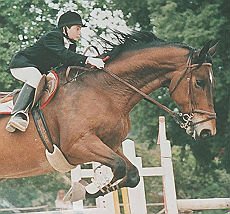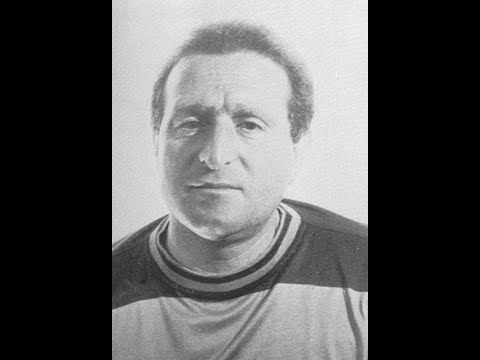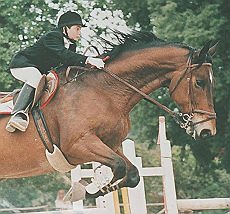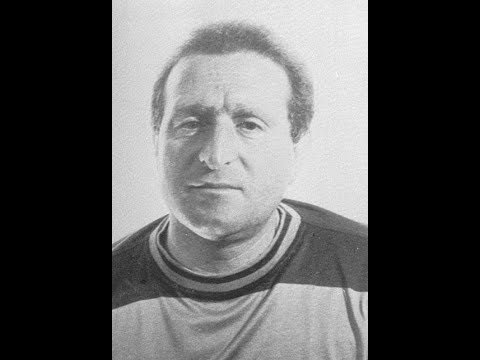
Sometimes people are victims of the mafia even if it is not the mafia that actually kills them. This is true for Giuditta Milella (17) and Biagio Siciliano (14), who died in tragic circumstances in Palermo on 25 November 1985 [Thread] >> 1 

Palermo, Monday 25 November 1985. At 1.30 p.m. the bell rings for the end of lessons at the Liceo Meli school in central Palermo and hundreds of students & teachers stream out of the building and head home >> 2
Many students from northern suburbs of the city, including Biagio (who lives in Capaci, where Giovanni Falcone would be killed in 1992) & Giuditta (who lives not far from via D'Amelio, where Paolo Borsellino would also die in 1992) cross via della Libertà to reach a bus stop >> 3
At that time of day the Palermo traffic is especially chaotic as people head home for lunch and schools close. In Palermo there is an added element to the chaos: the frequent high speed motorcades with sirens blaring as judges are escorted to and from the Courthouse >> 4
In previous years leading antimafia judges, such as Gaetano Costa & Rocco Chinnici, had been murdered on the streets of Palermo, as well as top police investigator Boris Giuliano. Antimafia judges live severely restricted lives and transporting them is a high risk occupation >> 5
The combination of chaotic city traffic, in which drivers often ignore the rules of the road, and high speed motorcades, with drivers under immense stress and continually on edge, on this occasion ends in tragedy >> 6
At 1.35 p.m. a motorcade carrying two top antimafia judges, Paolo Borsellino & Leonardo Guarnotta comes racing along via Libertà with sirens blaring. As it approaches the junction where Giuditta and Biagio are waiting at the bus stop, a car suddenly pulls out in front of it >> 7
The leading Alfa Romeo, carrying 3 Carabinieri can do nothing to avoid the collision, despite attempting to swerve. It hits the car, careers into another and, totally out of control, mows down the group of people, mostly students, waiting at the bus stop >> 8
Biagio dies instantly, Giuditta a week later in hospital. 23 others are injured. Palermo is shocked. People are angry. Initially, anger is directed at the authorities and the newspaper 'Giornale di Sicilia' leads a campaign against Paolo Borsellino, in particular >> 9
Borsellino himself is inconsolable. He spends hours every day visiting injured students in the hospital, neglecting his duties. He only returns to work when the mother of one of the students, who is in a coma, tells him she would never blame him even if her son were to die >> 10
Biagio and Giuditta are considered innocent victims of the mafia because, although they were not killed by mafiosi, what happened was, in the words of Paolo Borsellino, "...a consequence of the conditions in which we live in this city, conditions created by the mafia." // 11.
• • •
Missing some Tweet in this thread? You can try to
force a refresh








